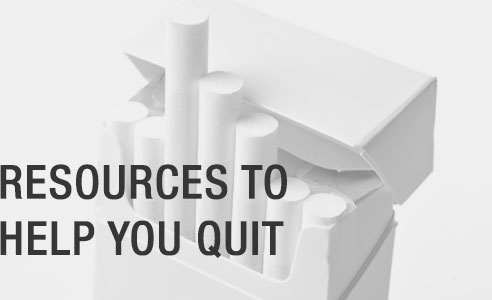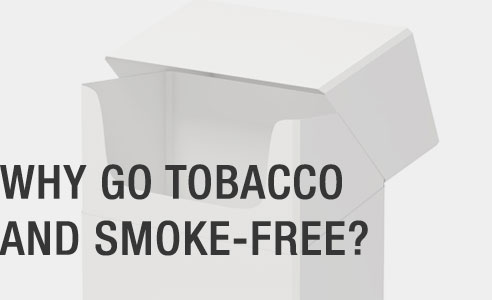When did the tobacco-free policy go into effect?
Georgia Tech became a tobacco-free campus in the summer of 2014 as it prepared to fully adopt the Board of Regents’ Tobacco and Smoke-Free Campus Policy. In fact, tobacco use was already restricted on Georgia Tech’s campus as required in the Georgia Smokefree Air Act of 2005 (PDF).
What does tobacco-free mean?
The use of any tobacco product is prohibited on all 28 universities and colleges in the University System of Georgia.
Who does the policy apply to?
Everyone on Georgia Tech’s campus – students, staff, faculty, visitors, parents, athletic event participants, vendors, contractors, subcontractors, etc.
Can I use tobacco while in my personal vehicle while on campus?
No. Tobacco use is prohibited in all Georgia Tech’s operated parking areas, and when on Tech’s property, both inside and outside of vehicles.
What is considered a tobacco product and therefore prohibited by the policy?
The Tobacco and Smoke-Free Campus Policy defines "Tobacco Products" as cigarettes, cigars, pipes, all forms of smokeless tobacco, clove cigarettes and any other smoking devices that use tobacco such as hookahs or simulate the use of tobacco such as electronic cigarettes and vaporizers.
Why are e-cigarettes prohibited by this policy?
The Food and Drug Administration (FDA) considers e-cigarettes a tobacco product. The policy applies to smoking devices that simulate the use of tobacco such as e-cigarettes and vaporizers.
Why is smokeless tobacco prohibited by this policy?
Prohibiting the use of smokeless tobacco (chew, snus, etc.) reduces the unintended consequence of smokers turning to smokeless-tobacco use on campus which has been proven harmful and addictive.
Where can I use tobacco?
The use of tobacco products is prohibited on all 28 universities and colleges in University System of Georgia.
Are other colleges and universities tobacco-free?
According to the American Nonsmokers’ Rights Foundation, as of July 2017:
- 1,913 smoke free campuses in the United States
- Of these, 1,611 are tobacco free
- 1,504 prohibit the use of e-cigarettes
The American Nonsmokers’ Rights Foundation maintains a complete list of colleges and universities with tobacco-free policies.
Do students, faculty and staff have to quit using tobacco products?
No, the Tobacco Free Campus policy only requires people to refrain from using tobacco while they are on USG property.
However, for those who are ready to quit, there are programs available for all community members.
Over the counter (OTC) nicotine replacement products including skin patches, chewing gum and lozenges are currently available for students, faculty and staff to purchase at the Stamps Health Services Pharmacy.
Faculty and staff are encouraged to visit the USG Tobacco & Smoke Free website for information on smoking cessation programs.
Students, faculty and staff can learn more about these cessation programs by visiting the Stamps Health website or send an email to healthy@gatech.edu to request additional information.
What can people do to manage their cravings while on campus?
Over the counter (OTC) nicotine replacement products including skin patches, chewing gum and lozenges are currently available for students, faculty and staff to purchase at the Stamps Health Services Pharmacy.
Who will enforce the tobacco-free policy?
Enforcement of the policy focuses on awareness and education. Georgia Tech encourages the community to support each other in a positive, non-confrontational manner.
Who can I contact if I have additional questions?
Send your question to healthy@gatech.edu.

If you want to be tobacco free, there’s help. Faculty and staff are encouraged to visit the USG Tobacco & Smoke Free website for information on smoking cessation programs. Students can learn more about tobacco cessation at Stamps Health Services.

